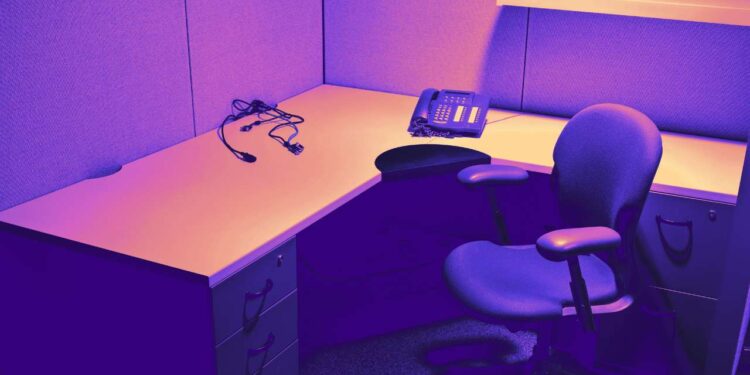Recent data published by JLL suggests that there is shortage in net-zero carbon (NZC) ready office spaces across major international cities.
This is particularly evident in the Asia-Pacific region, including prominent cities like Singapore and Melbourne. However, challenges are also seen in major U.S. markets, which are estimated to face a supply deficit of 75% — or 57 million square feet — by 2030.
According to JLL’s report, the demand for low-carbon, eco-friendly workplaces is expected to increase in the coming years as more leases expire, and this could pose challenges for occupiers who might find themselves with limited opportunities.
To bridge the gap between supply and demand, the JLL report suggests that regions facing high vacancy stock should accelerate the investment of retrofitting existing buildings to meet future regulations and accommodate the increasing demand. The process will most likely involve redeveloping or upgrading specific commercial assets to make them NZC-ready.
The Asia-Pacific region is reported to have more than half a billion square feet of Grade A office space built before 2011, suggesting the potential for retrofitting is substantial. However, governments will play a crucial role in making this transition a reality. Some, like Australia and Singapore, are already implementing legislation and incentives to promote NZC-ready buildings through retrofitting initiatives.
The investment and preparation in NZC-ready office spaces shows the importance placed on workplace expectations and corporate responsibility. Employees and employers alike are placing more value on sustainability, and the availability of eco-friendly workspaces is becoming a important factor in workforce retention efforts.
This trend will persist and even accelerate in the coming months and years — driven by growing environmental awareness, stricter regulations, and the proactive involvement of governments and large corporations.















